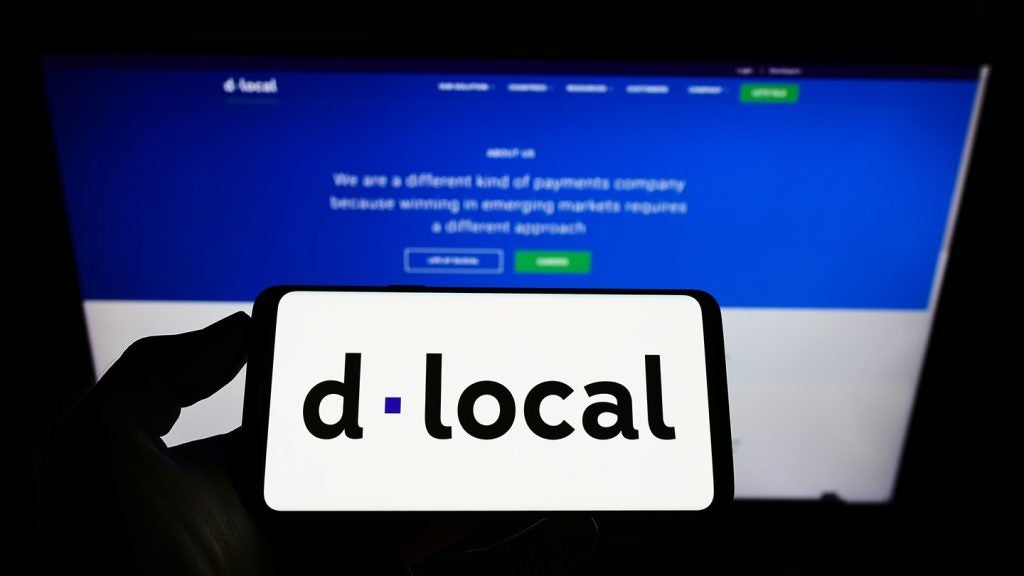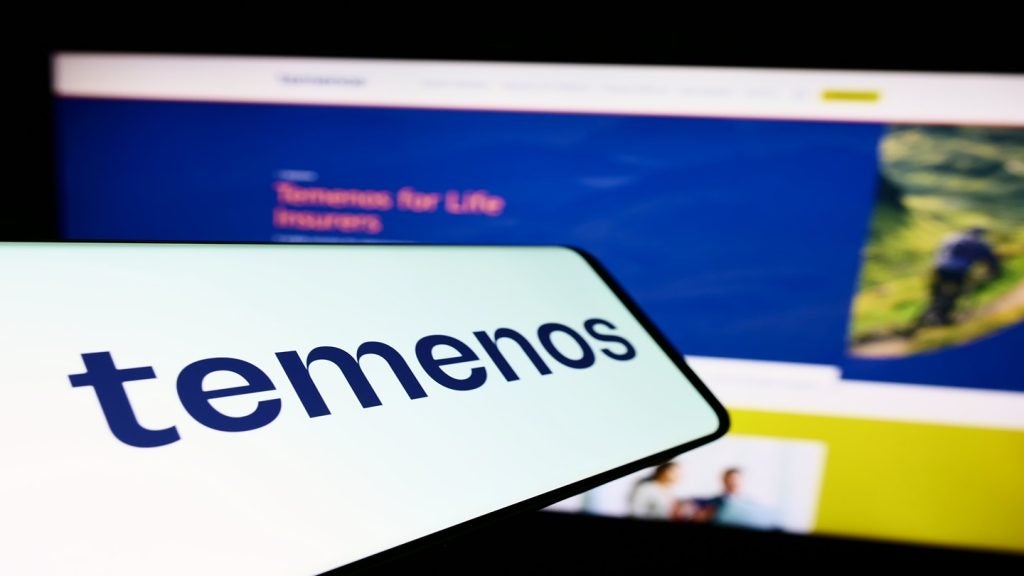publicly traded entity earlier this year.
CI spoke to Sanjay Sakhrani, an equity
analyst with financial services analysis provider Keefe, Bruyette
& Woods (KBW), and asked for his opinion on how Discover will
fare against its larger rivals, Visa and MasterCard.
CI: How will Discover’s transition to a
publicly traded company help it to compete for market share against
Visa and MasterCard?
SS: “I don’t necessarily know that being a public entity is
going to directly impact Discover, although it will allow them to
have greater capital at their disposal, which they didn’t really
have under Morgan Stanley. The transition to a public entity
definitely gives them capital now to maybe make acquisitions or
further build out their infrastructure.
“One of the strategic moves they made recently was signing on
with a number of merchant acquirers. That should help them overall,
because their goal is in two years to have parity, or at least 90
percent parity, with Visa and MasterCard as far as acceptance goes.
Prior to the US Department of Justice ruling [of 2004], the Visa
and MasterCard bylaws prevented merchant acquirers from signing on
for relationships with Discover and American Express. Over time, as
their strategy unfolds and as acceptance grows, it will help them
in regards to their existing cardholders, who weren’t able to use
their Discover cards at certain merchants.”
CI: Will Discover’s lower merchant pricing help
it to secure more merchant relationships, or will that be a
possible hindrance to its growth plans?
SS: “With Discover’s acquisition of ATM network Pulse, they have
something like 4,400 bank relationships now. There is organic
growth in debit cards of something like 15 percent-plus per year
near term, which is very solid growth. In addition to that, they’ve
done a good job in taking share away from some of their competitors
like the Star network. If they can continue to do so, certainly
that would help too. While it’s a small part of their business
today – Pulse, third-party issuing on their credit card network – I
think it has the potential to grow from here, as far as its
representation of the total company.”
How well do you really know your competitors?
Access the most comprehensive Company Profiles on the market, powered by GlobalData. Save hours of research. Gain competitive edge.

Thank you!
Your download email will arrive shortly
Not ready to buy yet? Download a free sample
We are confident about the unique quality of our Company Profiles. However, we want you to make the most beneficial decision for your business, so we offer a free sample that you can download by submitting the below form
By GlobalDataCI: MasterCard recently published its
second-quarter results which showed growth, but the pace of growth
seems to have slowed in comparison to last year, which led to the
stock price falling. What’s behind this and does it mean that the
company’s shares are overpriced?
SS: “It’s not so much that growth has slowed. With the last
three quarters, the growth numbers were artificially high because
in the previous year, they didn’t have Washington Mutual in their
numbers. This was the first quarter where they had Washington
Mutual in the year-ago quarter as well as the quarter that they
reported. True organic growth in the US is in that range. Obviously
what it does show is that if they can take share away from Visa,
that growth could be materially higher. But investors, given where
the stock is trading and given what’s transpired in the
marketplace, are obviously looking for areas where stocks have very
high multiples – when investors see a slowing growth trend, even
though the real growth rate didn’t change, they tend to sell off
the stock. It’s also been a very successful stock, and I’m sure
that investors were looking to take profits.”
CI: Although Visa is the larger of the two, is
MasterCard ahead of Visa in rolling out contactless
technology?
SS: “It certainly appears that way. But the reality is that any
of these pilot schemes that they’re doing with banks like Citi, or
even vendors, such as the New York City subway system, at some
point will have to be opened up for everyone. It’s good in terms of
brand recognition but I’m sure they’re subsidising a lot of
vendors’ costs in undertaking the test phases. If it’s factored
into the cost numbers now, those costs may come down, and they’re
going to see top-line growth from it because card acceptance is
going to grow along with payment volumes, because there’s going to
be an increase in small ticket transactions.”
CI: What do you make of Bank of America’s
decision to launch a MasterCard debit card? (See Bank of
America aids Master Card in debit battle with Visa) Does it
represent a straining of relations with Visa, with which Bank of
America has traditionally had much stronger ties?
SS: “MBNA [which Bank of America acquired two years ago] had a
very strong relationship with MasterCard, and the people that were
at MBNA now have a greater influence on Bank of America’s card
issuing and card segmentation.
“Maybe having a MasterCard debit card resonates with other
customers, so why not have that option? When you have a network and
you can add incremental volume, generally the benefit of any
incremental volume on the revenue side is higher than the increase
in costs. There’s also tremendous operating leverage potential, as
you can sign on additional partners.”
CI: How will Visa’s forthcoming initial public
offering impact on the industry?
SS: “When you’re a public company you can no longer run as a
not-for-profit organisation. You have to manage your business
prudently and you cannot be irrational. I don’t know if it will
accelerate Visa’s growth trajectory but it certainly makes it
interesting for everyone else out there. In my opinion it’s a net
positive for some of their peers. That said, Visa is not taking its
European entity public – it’s not going to be consolidated within
Visa Inc, it’s going to remain not-for-profit.”
CI: What do you make of speculation about a
European bank-owned rival debit network being established in
Europe?
SS: “Visa is an association there, so why wouldn’t the banks
just rally behind Visa? Isn’t that bank-owned? But each of these
banks has a payment infrastructure already, and if they were to
sign on with MasterCard or Visa, they’d essentially have to shut
that infrastructure down. Setting up their own debit network is a
way to salvage their respective infrastructures.
“Also, the most important thing is to not have this one company
have a monopoly over payments. As has been previously well
documented, Visa obviously is not as far advanced as MasterCard is
with its SEPA-compliant debit. My sense is that for the banks, if
they don’t rally behind Visa, it makes sense for them to try
another alternative. The last thing they’d want is a monopoly, but
it takes a long time to establish such a scheme. It took MasterCard
ten years to develop a product for the Europe region. I don’t know
if the banks can do that within a year. It would seem to me that
there’s definitely a reason why the banks would want to do it, but
maybe there’s alternatives.”







